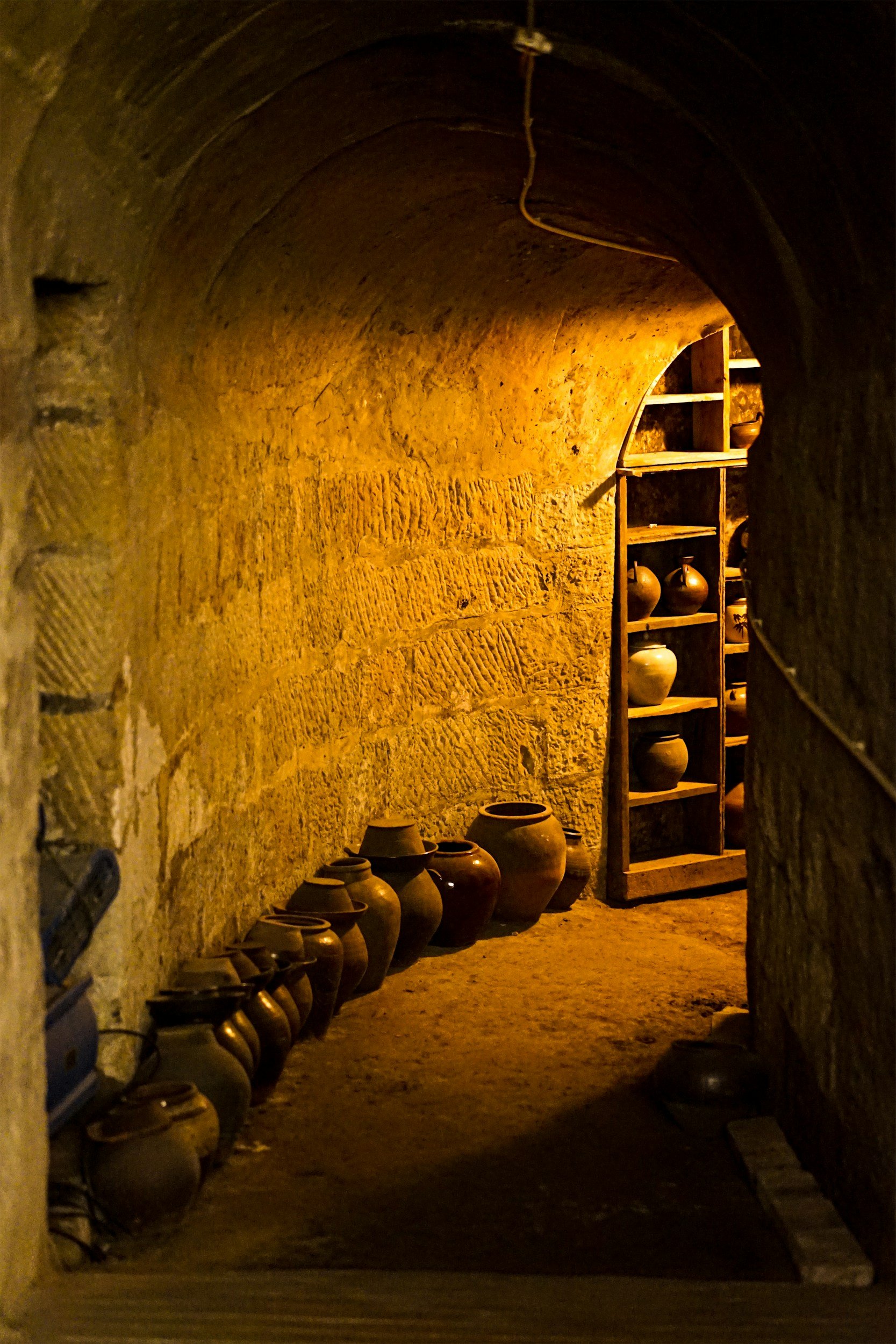4 Igbo Wealth Building Secrets That Have Withstood the Test of Time
In global markets all over the world, Igbo people have been known to thrive and succeed in business ventures most people struggle with. A good reason for this is that a wealth of wisdom lies in Igbo cultural consciousness that transcends generations. Age-old values that have not only sustained communities but have also paved the way for prosperity are ingrained within the fabric of Igbo society. In fact, there is an adage that advises entrepreneurs to seek out Igbo presence in new business territories and if they are absent, to avoid such territories.
As we stride forward into the modern era, it has become important now more than ever to uphold some of these timeless values and (re)adapt them for our evolving communities. Anyone being intentional about community, whether forging bonds within small friend groups or creating chosen families, adopting some of these principles is key to long-term success and development. Anyone can build upon this foundation to ensure prosperity for generations to come.
In this post, we’ll highlight four of these Igbo wealth-building secrets, and explore their timeless values that have stood the test of time.
4 Igbo Wealth Secrets
Supporting Local Businesses (The Power of Community Collaboration): At the heart of Igbo economic philosophy there is an important emphasis on community solidarity and support. Before the era of globalization, Igbo communities thrived through a connected networks of traders and artisans who upheld the principle of - Onye aghana nwanne ya: no kith or kin should be left behind. This adage underscores the importance of working with one another within the community before seeking expertise outside.
In contemporary times, this value remains as relevant as ever. Patronizing local businesses and entrepreneurs enables Igbo communities to continue to foster economic growth from within, circulating wealth and resources among its members. This spirit of collaboration continues to drive prosperity in Igbo communities.
Investing in Human Capital (Nurturing the Next Generation): Investment in human capital is central to Igbo wealth-building, particularly the mentorship and training of younger generations. This practice is rooted in the belief that knowledge (know-how) is the greatest legacy one can leave behind. Igbo elders take it upon themselves to train, sponsor, or mentor younger or less privileged ones in various trades.
This commitment to education and skill development ensures the continuity of expertise within the community while empowering people to achieve economic independence. This is achieved through apprenticeships in traditional crafts or scholarships for formal education, the Igbo tradition of investing in the future remains unwavering, making sure that a drive for curiosity burns bright for generations to come.
Ethical Business Practices (Balancing Profit and Integrity): In the pursuit of wealth, Ndi Igbo recognize the importance of ethical business practices. While making a profit is paramount, it is equally understood as essential to uphold principles of honesty and fairness in all dealings. Igbo wisdom distinguishes between savvy business sense and dishonest behavior, emphasizing the preservation of trust and goodwill among trading partners.
This commitment to integrity not only safeguards the reputation of business men and women but also strengthens the fabric of commercial relationships within the community. Adhering to ethical standards enables Igbo entrepreneurs build sustainable business ventures founded on mutual respect and accountability, ensuring long-term success that transcends financial gain.
Building a Legacy (Investing in Homeland and Future Generations): In Igbo worldview, wealth is not measured solely by material possessions but by the enduring impact one leaves on society. Igbo wealth philosophy extends beyond personal enrichment to encompass the well-being of the community and future generations.
A core tenet of this philosophy is the imperative to invest in one's homeland and leave behind a legacy of patronage and progress. This can be achieved through philanthropy, infrastructure development, or cultural preservation efforts, Igbo entrepreneurs strive to leave a better world than the one they inherited. This Igbo adage emphasizes that point, Aku ruo ilo, amalu onye patalu ya: When wealth reaches home, the owner will become known. Not to mention the Igbo belief in reincarnation – it is understood that ones actions today will shape the world for their return.
In conclusion, the Igbo wealth building secrets we’ve revealed in this post encapsulate a holistic approach to prosperity that transcends mere financial accumulation. Rooted in community collaboration, investment in human capital, ethical conduct, and legacy-building, these values offer priceless wisdom for navigating the complexities of modern economic landscapes. As the world evolves, the enduring legacy of these Igbo traditions and frameworks can serve as a beacon of inspiration for all who seek to build wealth with purpose and integrity, including the younger generation of Igbos in modern times.
Do you have any insights on wealth building you would like to share? Leave a comment in the comment section below, you might help someone! Remember to share this post with a friend. Yagazie!





























